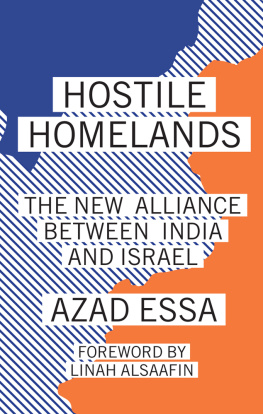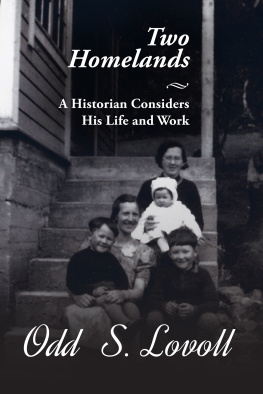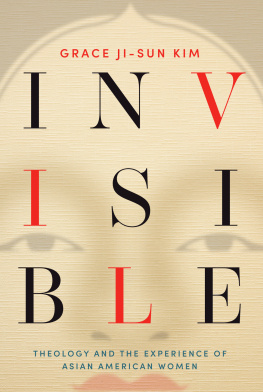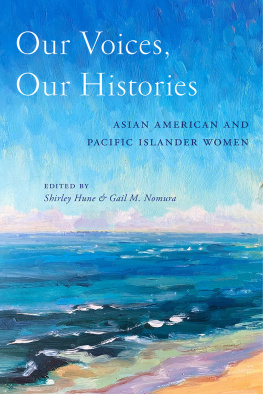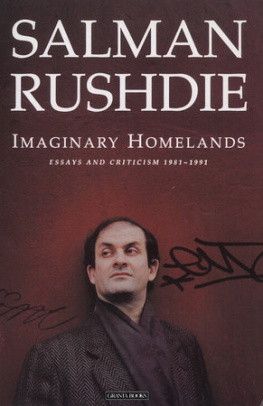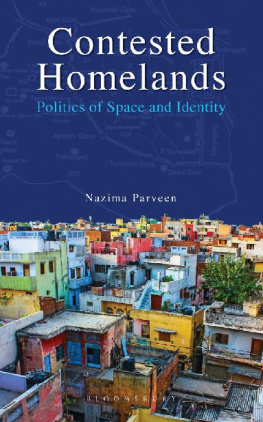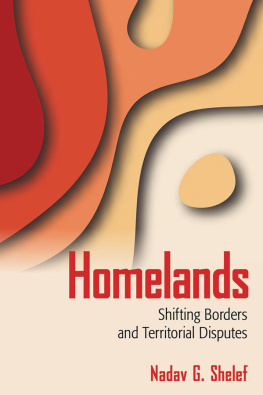[Among the White Moon Faces] transports the reader to another time and place, with fascinating characters and a suspense that keeps the pages turning.... [Lim] recounts her journey with a poets eye for detail and a storytellers gift for narrative.
Ms.
Lims descriptions are both lyrical and precise whether they are of the heat, bougainvillea and crowds of her home in Malacca or the wintery climate, the packaged food, the self-conscious bohemianism of New England.
Publishers Weekly
A frank and beautifully written story of a life that is touched and shaped by the people and communities around her, and who, in that process, touch and shape those lives and communities in return. Splendid reading!
Midwest Book Review
In using vivid imagery and word pictures to describe the details of her life, Lim conveys more meaning than the actual printed text on the page.... Shirley Lims book is a testament to her strength as a woman, poet, mother, teacher, wife, feminist, scholar, and Asian-American activist.
Sojourner: The Womens Forum
Immigrants come to America bearing many fabulous gifts; among the most precious of these are their stories, which span decades, oceans, and continents, opening our minds and hearts to human possibilities we might otherwise never imagine. Shirley Geok-lin Lims story is just such a gift.
Elaine Kim, coeditor of Making Waves: Writings By and About Asian American Women
A wonderfully accessible journey into rites of passagegirl to woman to parent, student to teacher, victim to survivor.
Asian American Press
The Cross-Cultural Memoir Series introduces original, significant memoirs from women whose compelling histories map the sources of our differences: generations, national boundaries, race, ethnicity, class, and sexual orientation. The series features stories of contemporary womens lives, providing a record of social transformation, growth in consciousness, and the passionate commitment of individuals who make far-reaching change possible.
THE CROSS-CULTURAL MEMOIR SERIES
Juggling: A Memoir of Work, Family, and Feminism by Jane S. Gould
Fault Lines by Meena Alexander
The Seasons: Death and Transfiguration by Jo Sinclair
I Dwell in Possibility by Toni McNaron
Lion Womans Legacy: An Armenian American Memoir by Arlene Voski Avakian
A Lifetime of Labor: The Autobiography of Alice H. Cook
Come Out the Wilderness: Memoir of a Black Woman Artist by Estella Conwill Mjozo
Under the Rose: A Confession by Flavia Alaya
Life Prints: A Memoir of Healing and Discovery by Mary Grimley Mason

Shirley Geok-lin Lim

Published by the Feminist Press at the City University of New York
The Graduate Center, 365 Fifth Avenue, Suite 5406
New York, NY 10016
feministpress.org
Copyright 1996 by Shirley Geok-lin Lim
All rights reserved.
No part of this book may be reproduced or used, stored in any information retrieval system or transmitted in any form or by any means, electronic, mechanical, photocopying, recording, or otherwise without prior written permission of the Feminist Press at the City University of New York except in case of brief quotations embodied in critical articles and reviews.
Library of Congress Cataloging-in-Publication Data
Lim Shirley.
Among the white moon faces : an Asian-American memoir of homelands / Shirley Geok-lin Lim.
p. cm.(The Cross-cultural memoir series)
1. Lim, ShirleyBiography. 2. Women poets, American20th CenturyBiography. 3. Asian American womenBiography.
I. Title. II. Series.
PS3562.I459Z463 1996
811'. 54dc20.
95-25428
eISBN 978-155861-790-2
This publication is made possible, in part, by public funds from the National Endowment of the Arts and the New York State Council on the Arts. The Feminist Press is also grateful for a grant from the John D. and Catherine T. MacArthur Foundation. The Feminist Press would like to thank Joanne Markell, Barbara Sicherman, and Genevieve Vaughan for their generosity.
To Richard, Florence, and Ursula and for Chin Som and Chye Neo
My thanks to the Feminist Press sisters who worked with me, Alyssa Colton, Susannah Driver, Sue Cozzi, and others; to Sue Lanser for her readers heart; and as always to my family, Charles Bazerman and Gershom Kean Bazerman.
TABLE OF CONTENTS
Midlife stalled, I look for women.
Where are they, my mothers and sisters?
I listen for their voices in poems.
Help me, I have fallen asleep, fallen
With sleepers. These women have murdered
Themselves, violent, wrenched from home.
Grandmother was barren. She died,
Tubes in nose and green shanky arm,
Hair yellow, a dirty dye, patches
Like fungus on a stricken pine.
I read terrible stories
Hate, rage, futilities of will
And look for women, the small
Sufficient swans, showers of stars.
The first time I heard Shakespeare quoted, it was as a joke. Malayans speaking pidgin English would dolefully break out into Elizabethan lines, Romeo, Romeo, wherefore art thou, Romeo? before bursting into chortles and sly looks. Aiyah! Dia Romeo, lah!Hes a Romeo!I heard said over and over again of any number of men, including my father, Baba. Romeo was a name recognized equally by English, Malay, Indian, and Chinese speakers. As a child I thought it meant the kind of thing men did to women; not so much in the dark that no one could see it, but sufficiently outside the pale that it was marked with an English word. That thing was a male effecterotic heat combined with suave flirtation, distributed promiscuously, promising a social spectacle and unhappiness for women.
Romeo was both an English and a Malayan word. Hey, Romeo! the young men said of each other as they slicked Brylcreem into their glossy black hair and preened before mirrors. The performance of the Romeo was their version of Western romantic love. It had nothing to do with tragedy or social divisions, and everything to do with the zany male freedom permitted under Westernization. It included a swagger, winks, laughs, gossip, increased tolerance, as well as disapproval and scandal. The Romeo dressed to kill, a butterfly sipping on the honey of fresh blossoms, salaciously deliberate about his intentions. Although there was a Romeo around every corner for as long as I could remember, I did not learn of Juliets existence until I finally read the play at fourteen. By then, my imagination had hardened over the exclusion. For me, there were no Malayan Juliets, and sexual males were always Westernized.
Next page

